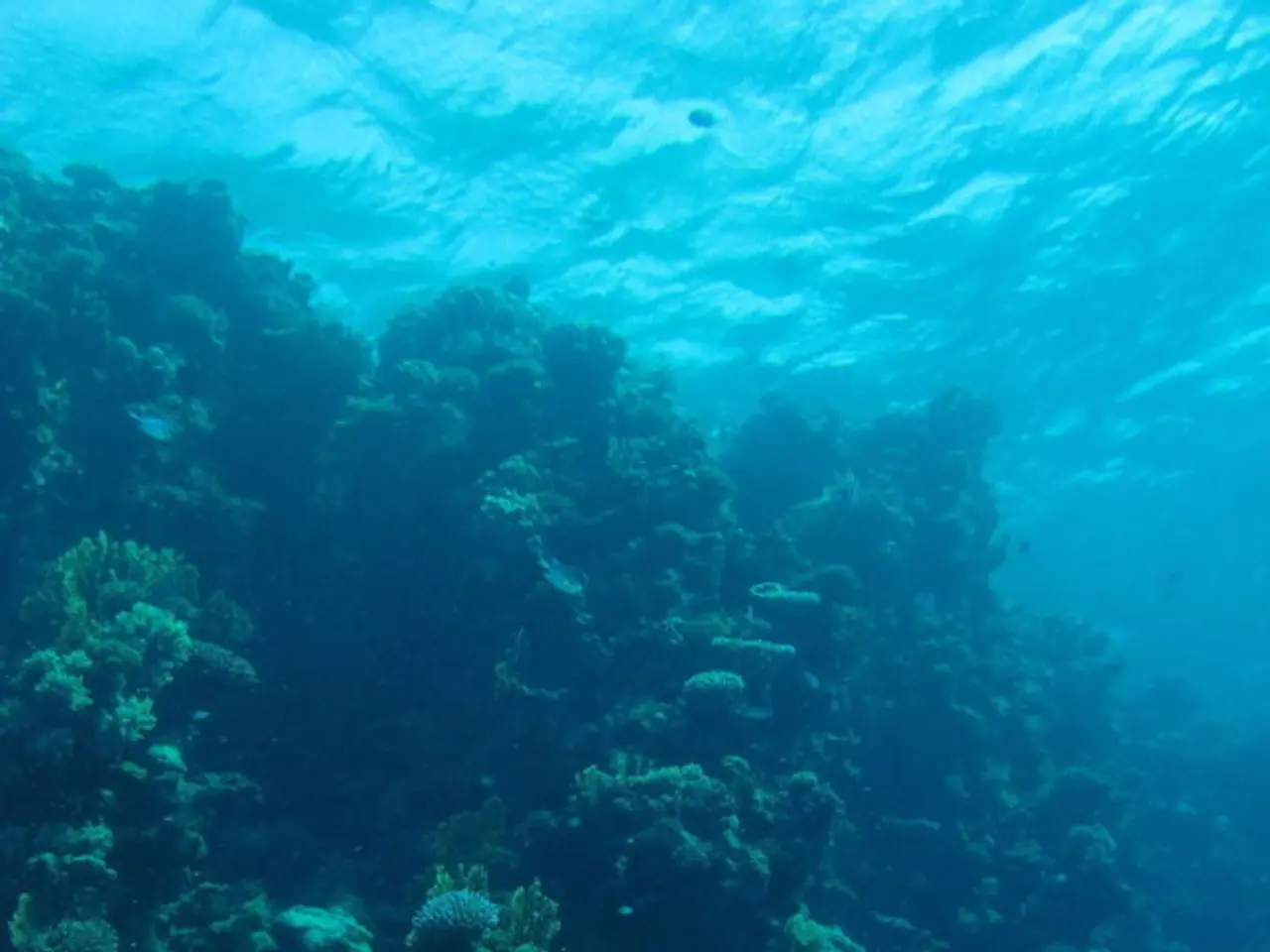Scientist from Scripps Institute to Be Honored with Society for Experimental Biology's President's Medal
Martin Tresguerres, a marine biologist at the Scripps Institution of Oceanography, has been selected for the prestigious President's Medal. The award recognises his significant contributions to the field of comparative and environmental physiology, particularly his research on how marine organisms sense and respond to acid/base conditions.
Tresguerres's Research Focus
Tresguerres's work has been instrumental in understanding the cellular and systemic mechanisms marine organisms use to regulate acid-base balance in response to ocean acidification. His studies have shed light on the role of ion transporters and their importance in maintaining pH homeostasis under acidified conditions.
One of his key findings is the variation among species in their ability to buffer acid-base disturbances. This variation has implications for predicting vulnerability or resilience to ocean acidification. Tresguerres has also shown that acid-base regulation can be energetically costly, potentially affecting growth, reproduction, or other physiological functions.
Wide-Ranging Impact
Tresguerres's research has the potential to influence the work of other laboratories working in diverse areas. His findings inform comparative physiologists about how different organisms maintain homeostasis in challenging environments, highlighting the physiological plasticity or limits of marine species.
Environmental physiologists gain crucial information on potential changes in species distribution and community dynamics due to variable acidification tolerance. Knowledge about physiological mechanisms underlying acidification tolerance supports conservation strategies and environmental assessments aimed at mitigating the impact of ocean acidification.
By integrating physiological data into ecological models, researchers can better predict how physiological stress translates into population-level effects under global change.
Acknowledgements and Future Work
The President's Medal honours young scientists of outstanding merit. The Society for Experimental Biology awards the President's Medal to early career scientists who have made outstanding contributions to their respective field of animal, cell, and plant biology, and in science education and public affairs.
Tresguerres will receive the President's Medal at the society's annual meeting in Manchester, England, in July. His research program continues to investigate the fundamental biological question of how marine organisms sense and adjust to acid/base disturbances arising from environmental and metabolic stress.
His ongoing research includes studies on a wide range of organisms, including sharks, corals, and one-celled microalgae called diatoms. Tresguerres's work also extends to aquaculture, biofuels, drug discovery, and evolution.
One of his current focuses is on the enzyme soluble adenylyl cyclase (sAC), a bicarbonate sensor, which plays a crucial role in aquatic organisms. Understanding the role of sAC in marine life could provide valuable insights into how organisms respond to changing ocean conditions.
Tresguerres's research is not only advancing our understanding of marine biology but also has implications for predicting and mitigating the effects of ocean acidification on marine ecosystems.
Science reveals that Tresguerres's research on ocean acidification and its impact on marine organisms also holds significance for medical-conditions, health-and-wellness, and even space-and-astronomy. The findings on acid-base regulation in marine organisms under acidified conditions can shed light on human medical conditions related to pH imbalance, while understanding the physiological mechanisms can inspire research in extraterrestrial organisms' survival in potentially acidic environments within the solar system.








